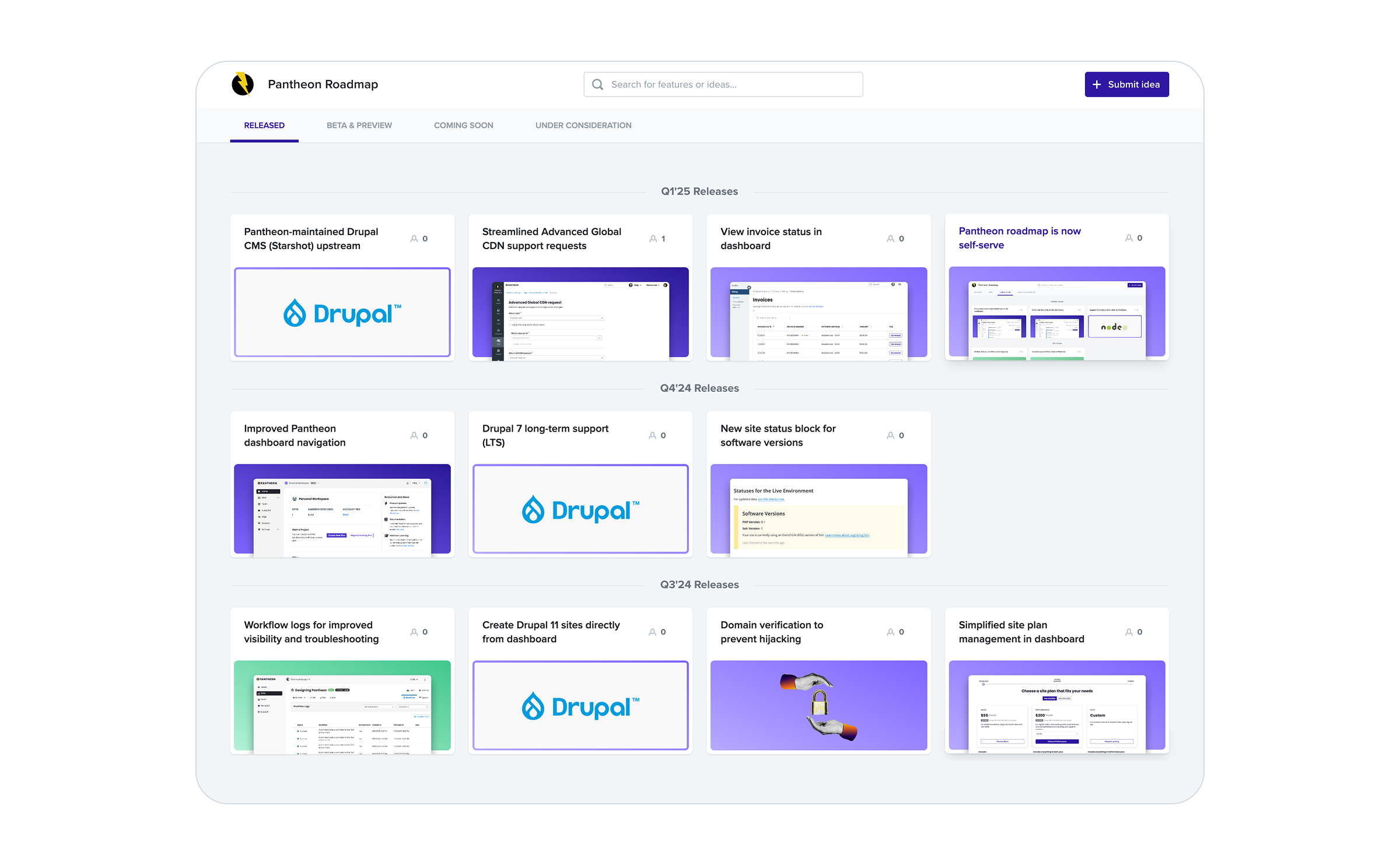DevOps vs WebOps: for Developers
It’s impossible to avoid the term DevOps in the engineering world. While most companies haven’t moved to a fully mature DevOps system, there is no longer disagreement about whether it’s a good idea. When teams follow a DevOps approach, they release updates to production much more frequently, they can go from commit to deploy in seconds, and recovery from downtime is measured in minutes, not hours.
No matter where your organization is now, it’s likely working towards a mature DevOps model. But we’re not here to talk about DevOps… we’re here to talk about WebOps. So what’s the difference?
Understanding WebOps
There are people who will argue that WebOps is a subset of the DevOps movement, but that’s not entirely true. DevOps is about drastically re-structuring the way that engineering teams work together to produce better software, faster. WebOps is razor-focused on one thing: Creating the best website experience possible. Doing so requires a cross-functional team with one or more people who understand the technical underpinnings of the website.
Website operations requires specialized engineering knowledge. The team needs to bring together all aspects of the web application—the environment it’s running in, the design elements, the content, the databases, the actual code, the measurements of success—and make sure that everything runs smoothly throughout the website’s lifecycle.
WebOps is one of the most critical disciplines connected to software engineering, because it is focused on one of the most public parts of the application suite: the website. Since websites are also often revenue-generating, any hiccups in production are often associated with a concrete dollar amount in lost revenue.
Here are some key responsibilities WebOps teams have:
Instrumenting success metrics. This may be as simple as connecting Google Analytics. More advanced teams will have developers and marketers working in close proximity on A/B testing and other experiments.
Developing, testing and deploying web applications.
Building a design system that is maintainable, flexible, and comprehensible.
Monitoring websites for both performance and errors.
Fixing any bug or performance issues that come up in production.
Working inside content management systems like WordPress and Drupal to make sure load-balancing is configured correctly and to continually improve the website.
Understanding what technologies to implement to optimize the agility of the team and performance of the website.
Generally speaking, expectations for WebOps developers are high. Even more than a full stack developer, WebOps developers are expected to have knowledge that is both broad and deep. In addition, they are expected to manage a larger portion of the website’s lifecycle than even a DevOps team would, because WebOps engineers need to work more closely with business stakeholders.
Working with the Business
Especially at a senior level, one of the things that sets WebOps apart from DevOps is the need to focus not just on optimizing for technical requirements like performance or availability, but to continually keep the business goals in mind. Web operations is in charge of managing one of the business’s most important assets, and the people in charge of implementing any changes to the website need to be in constant communication with other parts of the business.
Just like DevOps requires both an organizational and cultural shift, a successful WebOps team member will think about his or her role differently than the average developer would. In practice, many developers work on building features without having a clear understanding of what the business rationale is. WebOps developers, on the other hand, work with marketing, sales and other business stakeholders as partners to understand how the website is or is not meeting the business needs.
This close collaboration with business stakeholders is part of what sets WebOps engineers apart. While DevOps looks at a larger part of the website lifecycle than a developer or operations engineer would manage in a Waterfall approach, it doesn't always address the business logic at the beginning of the lifecycle and the customer adoption story at the end of the lifecycle.
A successful WebOps team needs to understand not just all the technical aspects of how to keep a website running, but also how to use the website to meet marketing goals.
Want to learn more about how Pantheon can help marketers and engineers come together to form a cross-functional team that creates the best web experience possible? Try it out now.


